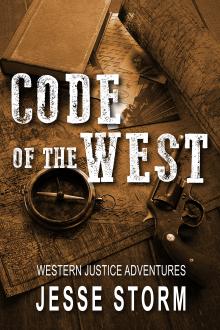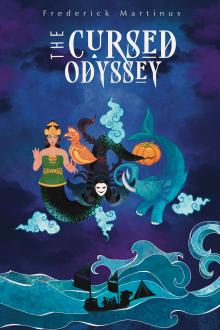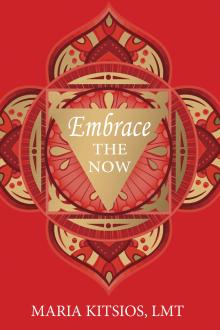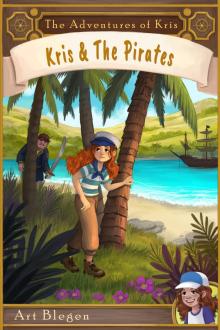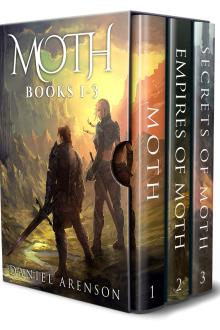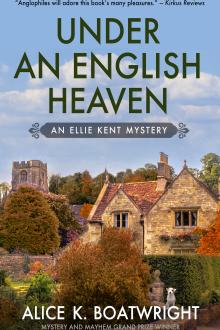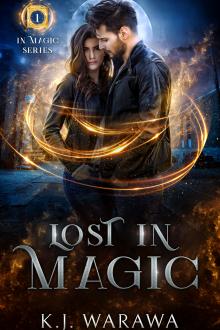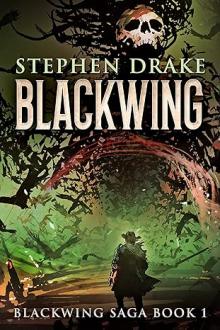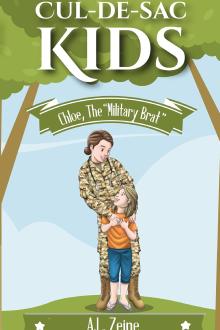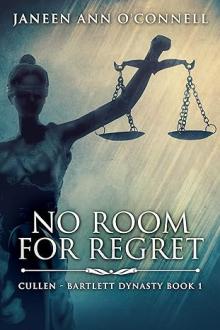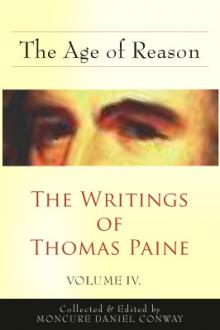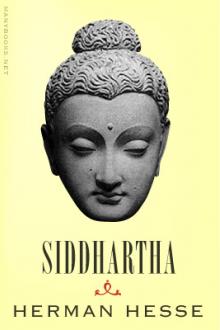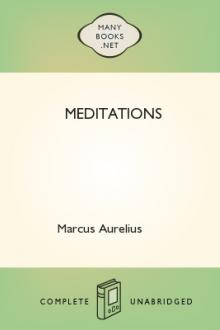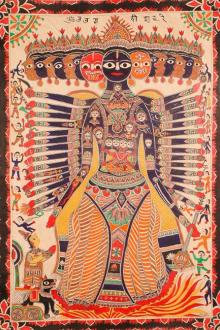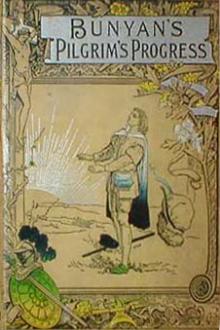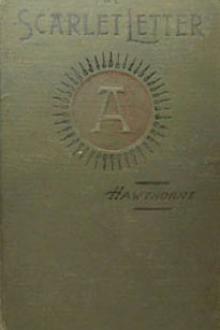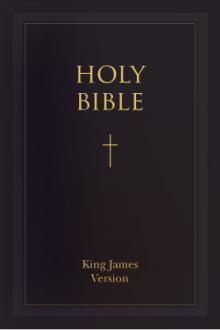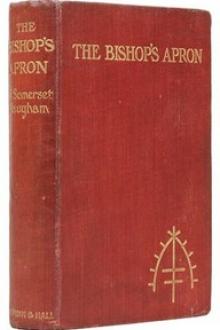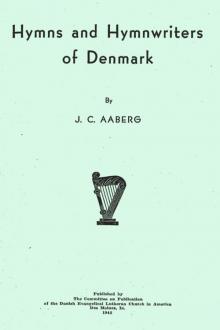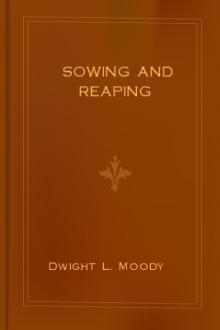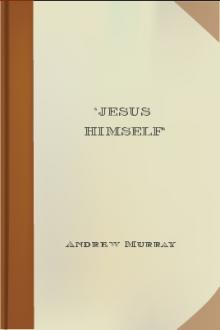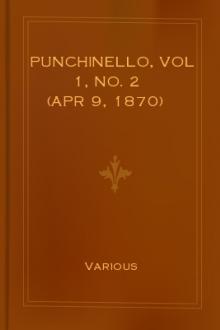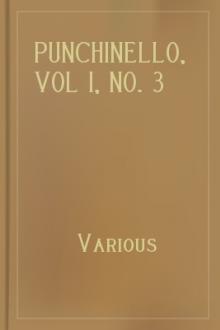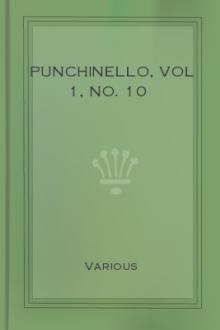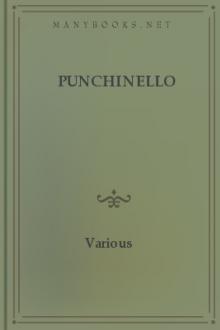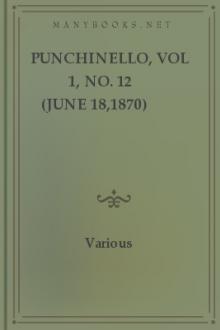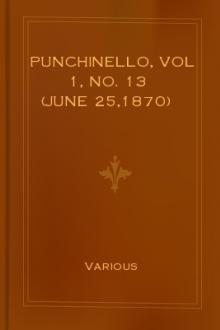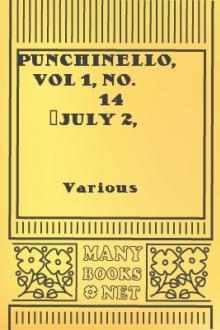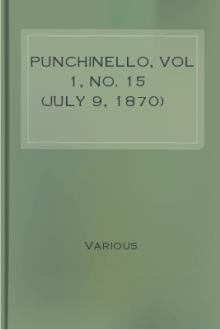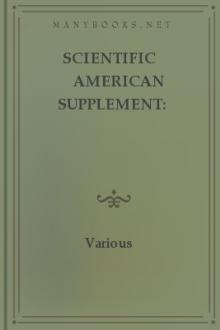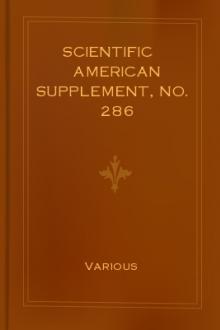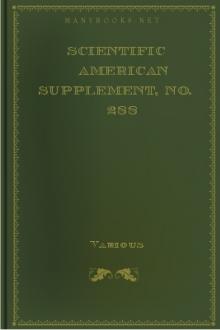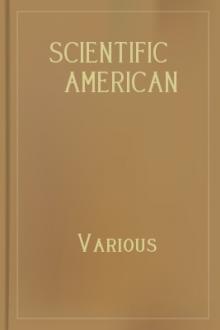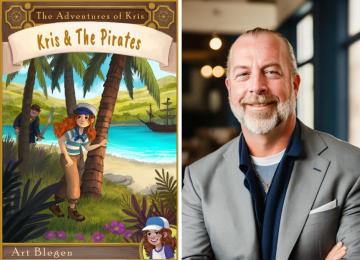The King James Bible
The King James Bible
Old and New Testaments
Reformatted with chapter links.
Book Excerpt
1:28 And God blessed them, and God said unto them, Be fruitful, and multiply, and replenish the earth, and subdue it: and have dominion over the fish of the sea, and over the fowl of the air, and over every living thing that moveth upon the earth.
1:29 And God said, Behold, I have given you every herb bearing seed, which is upon the face of all the earth, and every tree, in the which is the fruit of a tree yielding seed; to you it shall be for meat.
1:30 And to every beast of the earth, and to every fowl of the air, and to every thing that creepeth upon the earth, wherein there is life, I have given every green herb for meat: and it was so.
1:31 And God saw every thing that he had made, and, behold, it was very good. And the evening and the morning were the sixth day.
Genesis Chapter 2
2:1 Thus the heavens and the earth were finished, and all the host of them.
2:2 And on the seventh day God ended his work which he had made; and he rested on the seventh day from all his work which he had made.
2:3 And God blessed the seventh day, and sanctified it: because that in it he had rested fro
FREE EBOOKS AND DEALS
(view all)Popular books in Religion
Readers reviews
4.0
LoginSign up
NICE READING
- Upvote (0)
- Downvote (0)
I love the KJV; it is beautiful. But for the OT, it should be read in addition to a good translation of the TANACH (Old Testament) and realized that the Hebrew used then and today is largely guesswork as to meaning. Spinoza estimates that 18 % of the words in the original are unknown as to exact meaning. Lev. has the line: "Thou shalt not stand against the blood of your neighbor." The Stone version of TANACH says loosely, You shall not stand by the blood of your fellow. The difference is key. The KJV, in Judges 19 follows the practice of saying the girl, the Concubine, played the whore upon her "husband" the Levite. Yet this is based upon the way something is said, not what it means. The Stone version takes this out.
Nothing can top the KJV for beauty. I wish all copies would have the dedication to James I, which praises his predessor, Elizbeth I, who had killed James's mother. Ironic.
Nothing can top the KJV for beauty. I wish all copies would have the dedication to James I, which praises his predessor, Elizbeth I, who had killed James's mother. Ironic.
05/12/2008
The completion of the King James Version of the Bible in 1611 is a high-water mark of Western Civilization--really in the history of human culture, and this is no overstatement.
Remarkably, we don't have the names of the translators commissioned to create an English language version of the ancient Hebrew and Greek writings. Yet their work is transcendent, still beloved after 400 years and still regarded as reasonably accurate in translation from the oldest of the known manuscripts. Yes, our language has evolved; some would say devolved. We have more modern, more accessible translations of the Scriptures, but never more beautiful.
I read the Bible on a daily basis. Even if if my life had not been enriched by it, the sheer poetry on each of its pages would delight me. Take in the emotional resonance of the Psalms; the sheer loveliness of 1 Corinthians 13; the narrative power and tragedy of Kings and Chronicles. It has been said that you don't read the Scriptures as much as they read you.
"The grass withers, the flower fades, but the Word of God endureth forever." Isaiah 40:8
Remarkably, we don't have the names of the translators commissioned to create an English language version of the ancient Hebrew and Greek writings. Yet their work is transcendent, still beloved after 400 years and still regarded as reasonably accurate in translation from the oldest of the known manuscripts. Yes, our language has evolved; some would say devolved. We have more modern, more accessible translations of the Scriptures, but never more beautiful.
I read the Bible on a daily basis. Even if if my life had not been enriched by it, the sheer poetry on each of its pages would delight me. Take in the emotional resonance of the Psalms; the sheer loveliness of 1 Corinthians 13; the narrative power and tragedy of Kings and Chronicles. It has been said that you don't read the Scriptures as much as they read you.
"The grass withers, the flower fades, but the Word of God endureth forever." Isaiah 40:8
04/30/2008
I've been reading the writings of Josephus (Jewish historian from the first century A.D.) and these writings piqued my interest in the Bible once again.
Readers are advised not to think too literally when it comes to dragons and such (this is not a western book - it is an eastern book full of eastern symbolism). In fact I recommend you read along with a commentary as you study. And a study it is.
For example, Ecclesiastes is a fantastic complement to many of the philosophies manifest in modern Buddhist texts. Take this verse:
"Therefore remove sorrow from thy heart, and put away evil from thy flesh: for childhood and youth are vanity."
The equation of evil with vanity is really a key to moving from childhood to adulthood. In other words, we stop acting like children (live less selfishly, act less out of jealousy, etc.) so that we can live a more fulfilling life. This is one small key to feeling like we really *are* progressing in life.
What the coming of Jesus Christ adds to this is the promise of overcoming physical death ("oh death, where is thy sting?") through his resurrection, and of overcoming spiritual death (mistakes, misdeeds) through his work of atonement. We learn that man is not perfect, nor need he be to achieve happiness in his life.
While the simpler, more "self help"-like verses of the Bible are easy to swallow in small chunks and go down quite easy, a full study of the book is rewarded with a more general consciousness of the purpose of our life and the promise of an eventual reconciliation that takes into account our troubles, sorrows, mistakes, achievements and aspirations.
"To this end was I born" -Jesus Christ
Readers are advised not to think too literally when it comes to dragons and such (this is not a western book - it is an eastern book full of eastern symbolism). In fact I recommend you read along with a commentary as you study. And a study it is.
For example, Ecclesiastes is a fantastic complement to many of the philosophies manifest in modern Buddhist texts. Take this verse:
"Therefore remove sorrow from thy heart, and put away evil from thy flesh: for childhood and youth are vanity."
The equation of evil with vanity is really a key to moving from childhood to adulthood. In other words, we stop acting like children (live less selfishly, act less out of jealousy, etc.) so that we can live a more fulfilling life. This is one small key to feeling like we really *are* progressing in life.
What the coming of Jesus Christ adds to this is the promise of overcoming physical death ("oh death, where is thy sting?") through his resurrection, and of overcoming spiritual death (mistakes, misdeeds) through his work of atonement. We learn that man is not perfect, nor need he be to achieve happiness in his life.
While the simpler, more "self help"-like verses of the Bible are easy to swallow in small chunks and go down quite easy, a full study of the book is rewarded with a more general consciousness of the purpose of our life and the promise of an eventual reconciliation that takes into account our troubles, sorrows, mistakes, achievements and aspirations.
"To this end was I born" -Jesus Christ
04/25/2008
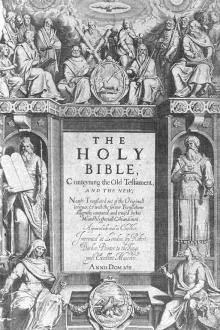
 Free Download
Free Download
